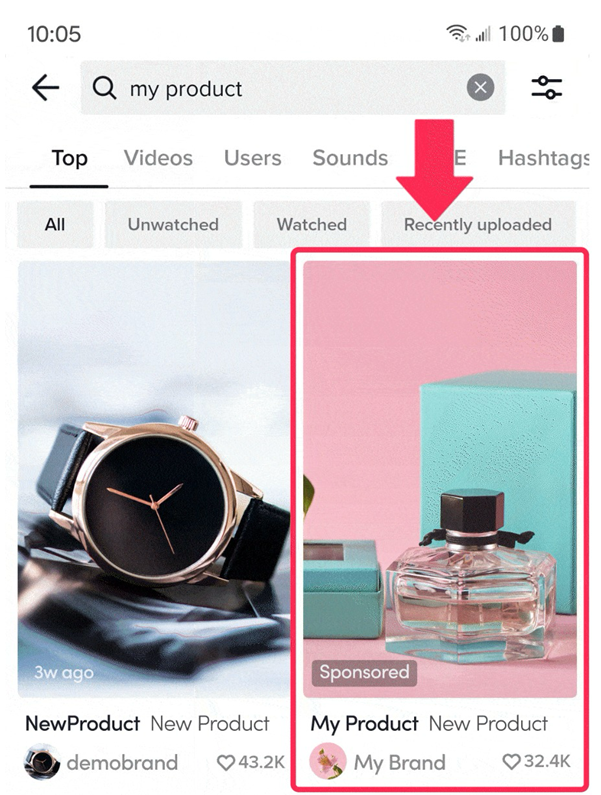ChatGPT Just Got a Shopping Feature—Here’s Why Handmade Sellers Should Pay Attention
- Cheri Tracy
- May 3, 2025
- 4 min read
AI just became your customer’s new personal shopper. Are your products ready to be found?
Imagine this: A customer opens ChatGPT and types in, “I need a personalized housewarming gift under $100.”
Within seconds, the AI pulls up a neat carousel of clickable product links—maybe a cozy candle, a hand-painted cutting board, or a thoughtful tea towel. They get summaries, reviews, side-by-side comparisons, and even a “Buy Now” button that takes them straight to checkout.
No Google rabbit holes. No 50 open tabs.Just the perfect product, delivered by an AI-powered shopping assistant.
Sounds futuristic? It’s not. It's here.
What Is ChatGPT Shopping?
In April 2025, OpenAI quietly rolled out a new feature inside ChatGPT called Shopping—and it’s making waves in the e-commerce world.
Think of it like the lovechild of Google Shopping and a super-smart personal assistant.
Instead of returning pages of links or suggestions like traditional search, ChatGPT’s Shopping feature curates recommendations in real-time based on what the user asks for. And unlike Amazon’s cluttered, ad-heavy results, this feature feels clean, clear, and hyper-personalized.
Here’s what it does:
Understands your query (e.g. occasion, price range, product type)
Delivers a carousel of curated results from retailers like Amazon, Etsy, and Pottery Barn
Displays product info, images, pricing, customer reviews, and shipping times in a sidebar
Offers comparisons between top picks based on pros, cons, materials, and more
Redirects to purchase via a Buy button that links straight to the retailer’s site
It’s a faster, smarter, and more personalized way to shop.But here’s the kicker: it’s already live.
ChatGPT Shopping Feature: Let’s Test It Out
To see how it works, we tested it with this query:
“What’s a good baby shower gift under $100?”
ChatGPT replied with a short list of product recommendations—each with a clickable image and link, a brief description, and price point. Some were from Etsy, others from Amazon or Pottery Barn.
Next, we refined the search and asked:
“Can you show me the most popular personalized Monthly Milestone Blanket + Polaroid-style Camera under $100?”
Boom. New results appeared. This time, all the options were tailored to that exact request—with reviews, material types, and even delivery estimates.
We then asked it to compare the top three—and just like that, ChatGPT summarized the strengths and weaknesses of each option in plain English, focusing on:
Quality of materials
Personalization options
Shipping time
Design style
Customer reviews
All without clicking away.
It's like having a product-savvy friend guide you through your purchase.

What This Means for Handmade Sellers
This isn’t just a cool new tool for shoppers—it’s a wake-up call for product-based business owners.
Why? Because more and more customers are starting their buying journey with AI instead of traditional search engines. And if ChatGPT is going to be the new discovery engine… you want your products to show up.
Right now, only organic results are included.
That means:
No one’s paying for placement (yet)
You don’t need a massive ad budget to be featured
But you do need smart listings that align with how people search
If you’re on platforms like Etsy or Amazon, your products are eligible to be pulled into ChatGPT’s shopping results today.But only if your product listings are optimized for visibility.
How To Help Your Products Show Up in AI Shopping
If you want your brand to be discoverable via ChatGPT Shopping, here are a few tips to get ahead:
1. Focus on High-Intent Keywords
Think like a shopper. What would they actually type?Examples:
“Personalized candle under $50”
“Luxury handmade tea gift set”
“Housewarming gift for plant lover”
Include those specific phrases in your product title, description, and tags.
2. Write Clear, Scannable Descriptions
ChatGPT pulls summaries from product listings. That means your description should:
Start strong (what it is + who it’s for)
Highlight benefits and features
Include materials, size, and shipping info
Be written in natural language (not keyword stuffing)
3. Use High-Quality Images
While AI summarizes copy, the carousel still relies on good visuals to capture attention. Make sure your product photos:
Are clear and well-lit
Highlight details and personalization
Feel “click-worthy” in a sea of options
4. List on the Right Platforms
Right now, most results are pulled from major marketplaces like:
Etsy
Amazon
Pottery Barn
Wayfair
Target
If you sell on your own Shopify site, make sure it’s SEO-optimized—and keep an eye out for Shopify’s own AI integrations (rumor has it, they’re coming soon).
5. Ask for Reviews
ChatGPT shows customer reviews right in the sidebar, which influences buying decisions. Encourage happy customers to leave feedback—especially if you're on Etsy or Amazon.
Bottom Line: AI Is Changing the Way We Shop
We’re not saying ChatGPT will replace Google or Pinterest or TikTok anytime soon—but it’s already influencing how customers make decisions.
As handmade sellers, the key is to be where your customers are looking—and increasingly, that means being AI-friendly.
That doesn't mean changing your entire business model.But it does mean:
Writing better listings
Using clearer keywords
Leveraging platforms that integrate with AI
This is your chance to be an early mover. And in e-commerce? That’s everything.
TL;DR:
ChatGPT just launched a Shopping feature that curates product recs based on user queries
It pulls from sites like Etsy and Amazon, showing top picks, reviews, and links to buy
Handmade sellers can benefit if their listings are optimized for visibility
Focus on great copy, smart keywords, and clear product images to boost your chances of being featured
Need help optimizing your listings or creating AI-friendly product copy? Let’s chat—I’ll help you stand out in the sea of sameness and get your products discovered!









Comments